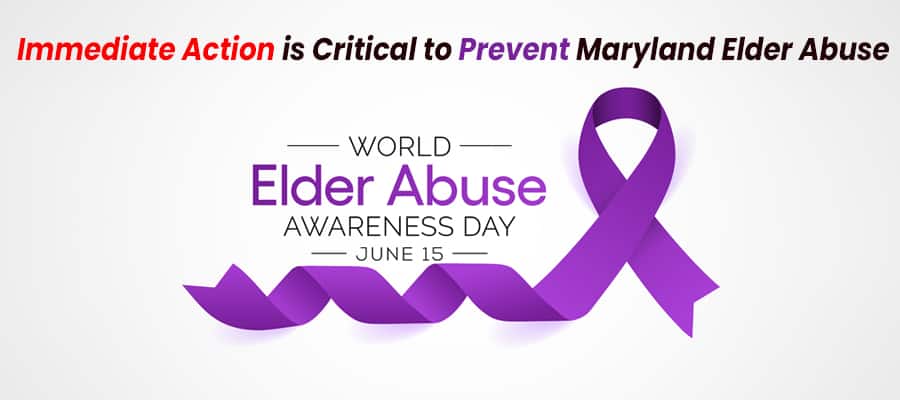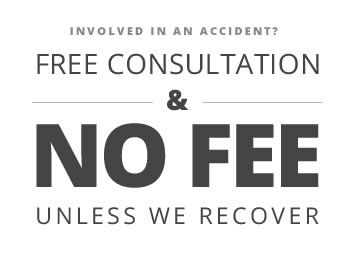The elderly are vulnerable for many reasons, including the effects of aging, medical conditions, and mental health issues. Therefore, in a situation of Maryland elder abuse, it is often necessary for loved ones to take immediate, forceful action. The US Department of Health and Human Services (HHS) offers some advice that should seem familiar when you know someone is in need of emergency help. Call 911 right away. A physical attack is a crime, and police will arrest the offender for assault.
However, the truth is that nursing home abuse is probably not going to take place in your presence. You need to spot the signs, such as bruises, abrasions, and other unexplained injuries. Neglect is a form of abuse, so keep an eye out for unsanitary conditions, unkempt personal hygiene, and understaffing. If you have concerns, it is critical to reach out to a Baltimore County elder abuse attorney and take the following steps immediately.
Get Proper Medical Care
Some indications of elder abuse are obvious, while others may not be visible during regular interactions with a resident. Examples include sexually transmitted diseases from sexual assault or emotional trauma. Whenever you suspect abuse, you should seek appropriate medical care regardless of whether you observe injuries. Take your loved one to the ER, an urgent care facility, or their primary care physician’s office.
Additional Reporting
While assisting a resident with getting medical care, make sure you inform healthcare providers about what you saw and your concerns about abuse. Plus, it is important to relay everything you know and what occurred since doing so could prevent other nursing home residents from elder abuse. Some resources to consider include:
- Maryland Adult Protective Services
- The National Adult Protective Services Association (NAPSA)
- Maryland Long-Term Care Ombudsman
Research New Facilities
Officials may investigate an assisted living facility and levy penalties for violations of the law, but any action would come too late for a current situation of elder abuse. Your first priority should be getting your loved one to a safe space in an appropriate living environment. Finding the right fit will require you to review the individual’s preferences, budget, special medical needs, and many other factors. If Alzheimer’s disease or dementia is a concern, focus your research on memory care facilities.
Contact an Elder Abuse Lawyer
Violence toward nursing home residents is intolerable, so there are legal remedies for victims. You can recover damages for your loved one, including medical costs, pain and suffering, and emotional distress. Getting help from an attorney is critical for navigating the legal process, especially considering the complex legal issues and potential for multiple parties.
Trust a Maryland Elder Abuse Lawyer for Assistance
These steps are important for protecting a loved one from abuse, but following these recommendations also supports the resident’s legal rights. For more information on seeking compensation, please contact Attorney Michael A. Freedman at 410.363.6848 or via our website. We can set up a case review at our offices in Owings Mills or Glen Burnie, MD. After analyzing your circumstances, we can determine how to proceed.



